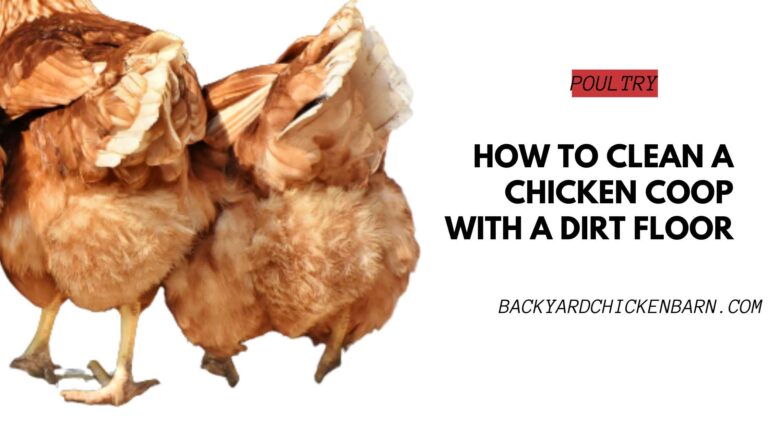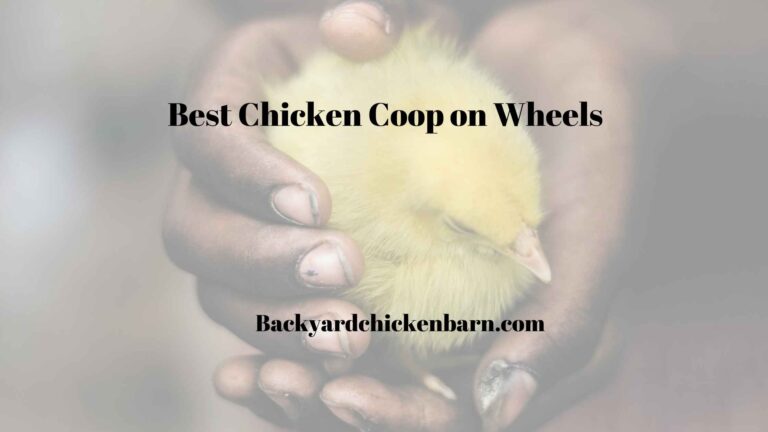Are Chickens Allowed in Glendale, California?
Glendale, California, nestled in the Los Angeles metropolitan area, is known for its suburban charm, parks, and vibrant communities. As sustainable living and urban farming become increasingly popular, many residents are curious about whether they can raise chickens in their backyards. Chickens offer several benefits, including fresh eggs, natural pest control, and a way to engage with local food production. However, before starting a flock, it’s important to understand Glendale’s rules and regulations. This article provides a comprehensive guide on whether chickens are allowed in Glendale, including local ordinances, coop requirements, health and safety considerations, and the benefits and challenges of raising backyard chickens.
Overview of Chicken Regulations in Glendale
Glendale allows the keeping of chickens, but regulations are in place to protect public health, ensure animal welfare, and prevent nuisance issues for neighbors. The city’s rules are governed by the Glendale Municipal Code and zoning ordinances. These regulations outline the number of chickens permitted, the types of chickens allowed, coop and enclosure requirements, and restrictions on noise and odors.
Are Chickens Allowed in Glendale?
Yes, chickens are allowed in Glendale, California, but only under specific conditions. Residents may keep hens for personal use, but they must adhere to local zoning regulations and animal control rules. The city emphasizes that chickens are for personal egg production rather than commercial use unless special permits are obtained.
Number of Chickens Allowed
Glendale limits the number of chickens that can be kept on residential properties. Typically, residents may keep up to four hens per property. This limit ensures that flocks remain manageable and reduces potential issues such as overcrowding, waste accumulation, and odor. Keeping more than four hens or engaging in commercial egg production may require a special permit from the city.
The restriction on the number of chickens helps maintain neighborhood harmony and ensures that chickens can be properly cared for. Four hens are usually sufficient for a family to enjoy fresh eggs while complying with city regulations.
Roosters Are Prohibited
In Glendale, roosters are not allowed in residential areas. Roosters are prohibited due to their loud crowing, which can disturb neighbors and create noise complaints. Hens, on the other hand, are relatively quiet and are generally acceptable in residential neighborhoods. Residents must ensure that their flock consists of hens only to remain compliant with city regulations.
Coop and Enclosure Requirements
Glendale has specific requirements for chicken coops and enclosures to ensure the safety and health of the chickens and minimize impacts on neighbors. Key requirements include:
- Coop Size: Each chicken should have at least 2-3 square feet inside the coop and 8-10 square feet of outdoor run space. Adequate space prevents overcrowding and supports natural behaviors such as scratching, pecking, and laying eggs.
- Setbacks: Coops must be placed a minimum distance from property lines and neighboring homes, typically around 5 feet from property lines. This reduces the impact of noise and odors on neighboring properties.
- Protection from Predators: Coops and runs must be secure from predators, including raccoons, foxes, coyotes, and neighborhood pets. Using hardware cloth, locked doors, and covered runs helps protect the flock.
- Ventilation: Proper airflow in the coop is essential to prevent the buildup of ammonia and moisture, which can lead to respiratory problems in chickens. Ventilation also helps keep the coop cool in Glendale’s warm climate.
Waste Management and Sanitation
Proper waste management is essential for both chicken health and neighborhood harmony. Chicken manure can create strong odors, attract pests, and pose health risks if not managed properly. Glendale requires residents to clean their coops regularly and manage waste responsibly. Recommended practices include:
- Regular Cleaning: Remove manure, soiled bedding, and uneaten food at least weekly to prevent odor and disease.
- Composting: Chicken manure can be composted to create nutrient-rich fertilizer for gardens. Proper composting reduces odor and converts waste into a useful resource.
- Proper Disposal: If composting is not feasible, chicken waste should be disposed of responsibly, using biodegradable bags or approved disposal methods to prevent attracting pests and creating unsanitary conditions.
Health and Safety Considerations
Raising chickens in Glendale requires attention to health and safety for both the animals and neighbors. Proper sanitation, disease prevention, and predator protection are key to maintaining a healthy backyard flock.
Health Care for Chickens
Chickens should be monitored regularly for signs of illness. Common health issues include respiratory infections, mites, lice, and egg-laying problems. Symptoms to watch for include decreased egg production, lethargy, loss of appetite, respiratory distress, and abnormal feather loss. A veterinarian experienced with poultry should be consulted if symptoms arise. Regular cleaning, proper nutrition, and parasite control are crucial for a healthy flock.
Protection from Predators
Chickens are vulnerable to raccoons, foxes, coyotes, and neighborhood pets. Secure coops, enclosed runs, and locked doors are essential for predator protection. Roofed runs prevent aerial attacks and nighttime security helps protect the flock from nocturnal predators.
Noise and Odor Control
Hens are relatively quiet, but noise and odors can affect neighbors. Proper coop placement, regular cleaning, and adequate ventilation minimize disturbances and maintain good relationships with neighbors.
Permits and Licensing
In Glendale, a small backyard flock does not typically require a special permit, as long as residents follow city regulations. However, if residents want to keep more than the allowed number of hens or engage in commercial egg production, a permit or variance may be required. Applications are submitted to the city’s zoning department and may include a site plan showing the coop and run locations.
Benefits of Raising Chickens in Glendale
Backyard chickens offer numerous benefits for Glendale residents:
- Fresh Eggs: Chickens provide a steady supply of nutritious and flavorful eggs.
- Pest Control: Chickens forage naturally for insects and pests, reducing the need for chemical pesticides.
- Composting: Chicken manure is rich in nutrients and can be composted to improve garden soil.
- Education: Raising chickens teaches responsibility, animal care, and sustainable food production.
Challenges of Raising Chickens in Glendale
While rewarding, raising chickens comes with challenges, including:
- Managing waste and odor to comply with city regulations.
- Protecting chickens from predators.
- Maintaining coop cleanliness and proper ventilation.
- Ensuring neighbors are not disturbed by noise or smells.
- Adhering to local zoning and setback requirements.
Conclusion
Chickens are allowed in Glendale, California, under specific regulations. By following city rules on flock size, prohibition of roosters, coop and run requirements, and waste management, residents can enjoy fresh eggs, natural pest control, and a hands-on sustainable living experience. Challenges such as predators, odors, and noise can be mitigated through proper planning and maintenance. Raising backyard chickens in Glendale provides a rewarding way to connect with food production while complying with local laws and maintaining neighborhood harmony.



